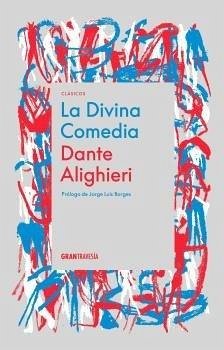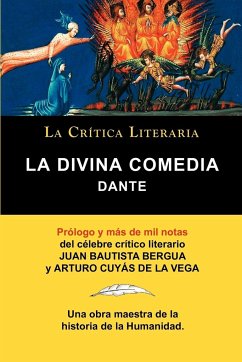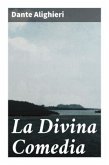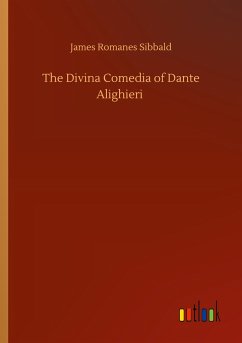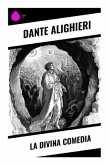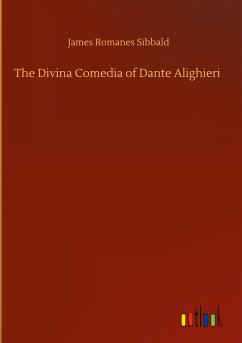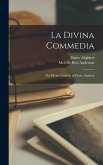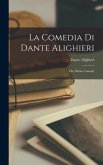La Divina comedia es una epopeya alegórica en tercetos encadenados escrita entre 1304 y su muerte, considerada como una de las obras maestras de la literatura italiana y mundial. Cada una de sus partes está dividida en treinta y tres cantos, a su vez compuestos de tercetos. hay tres personajes principales, Dante, que personifica al hombre; Beatriz, que personifica a la fe; y Virgilio, que personifica a la razón. The Divine Comedy is an allegorical epic in chained triplets written between 1304 and his death, considered one of the masterpieces of Italian and world literature. Each of its parts is divided into thirty-three songs, in turn composed of triplets. There are three main characters, Dante, who personifies man; Beatriz, who personifies faith; and Virgil, who personifies reason.
Hinweis: Dieser Artikel kann nur an eine deutsche Lieferadresse ausgeliefert werden.
Hinweis: Dieser Artikel kann nur an eine deutsche Lieferadresse ausgeliefert werden.

